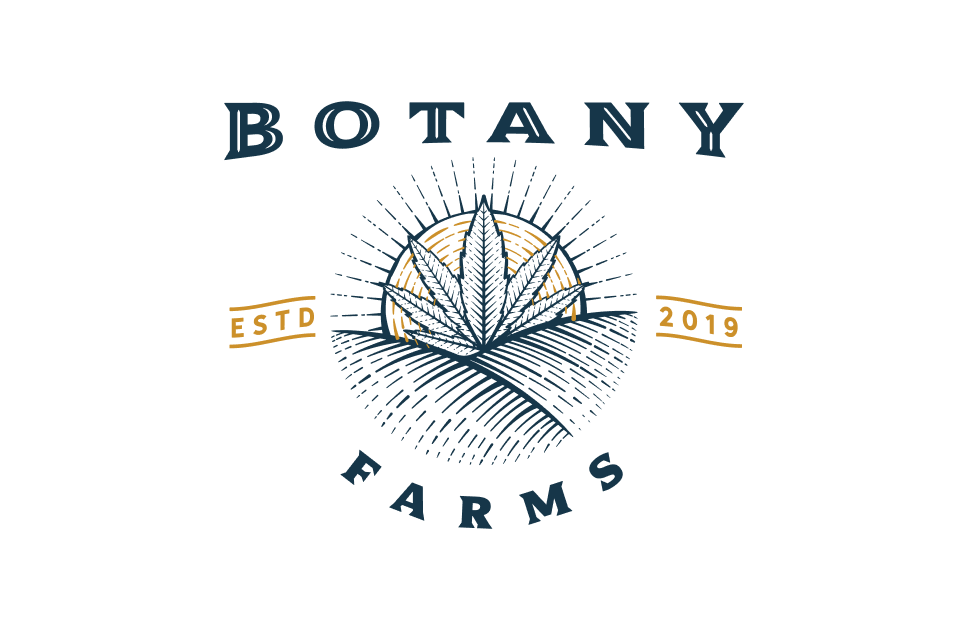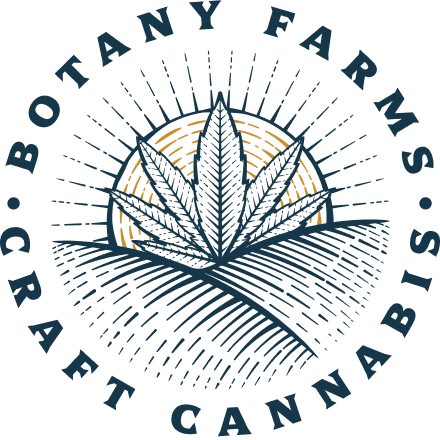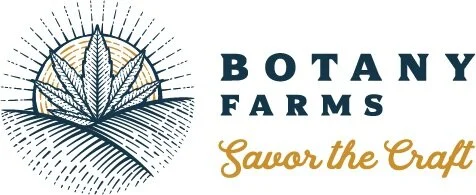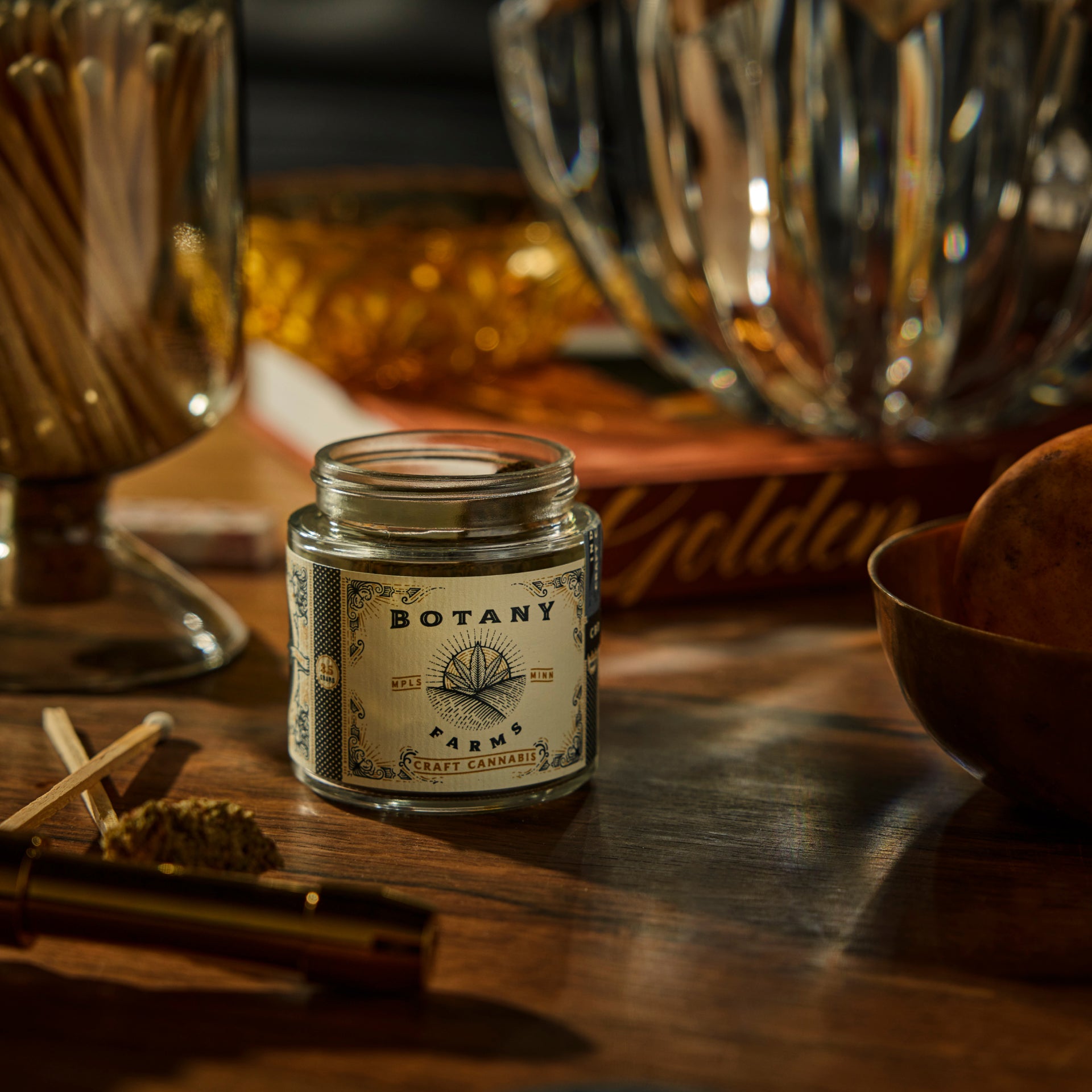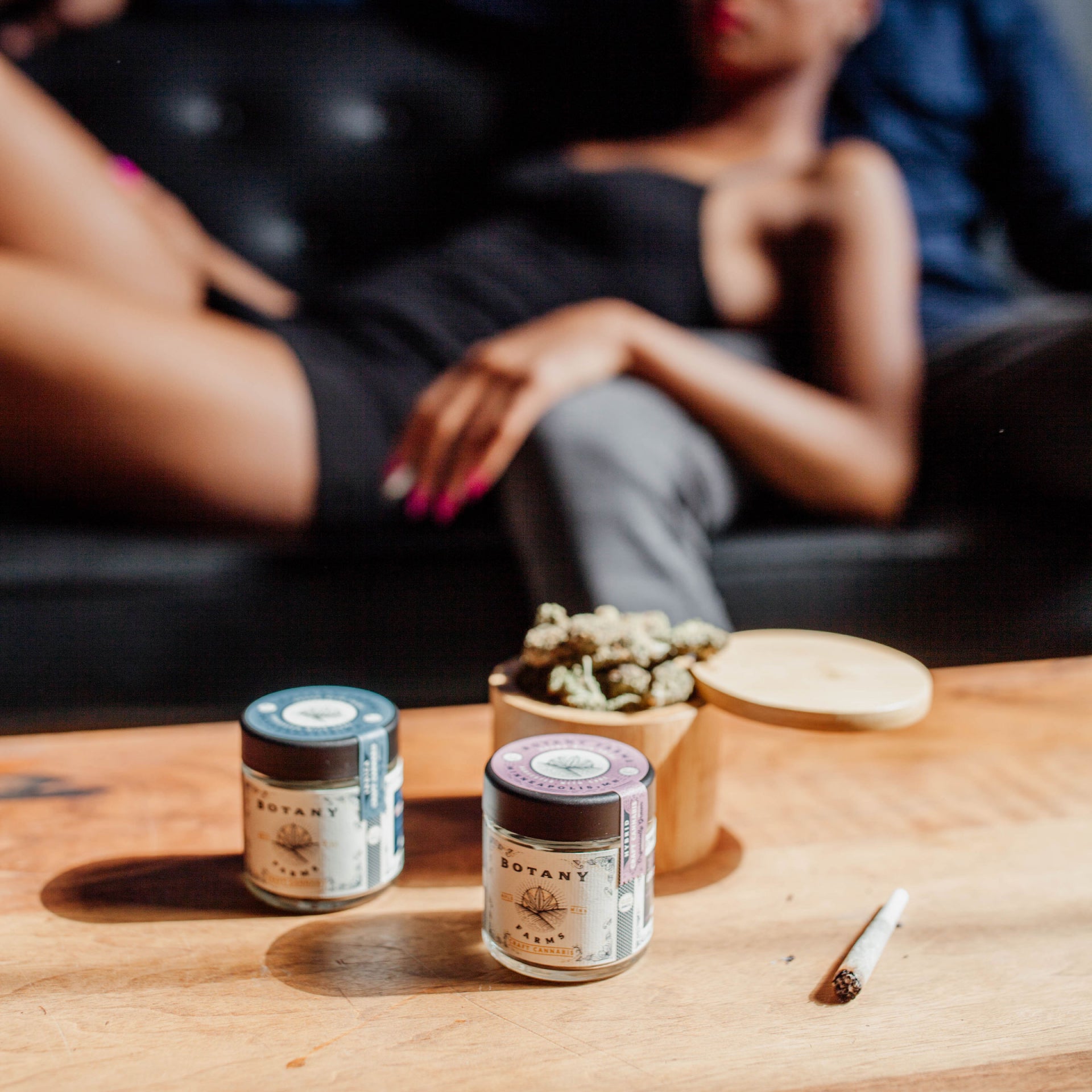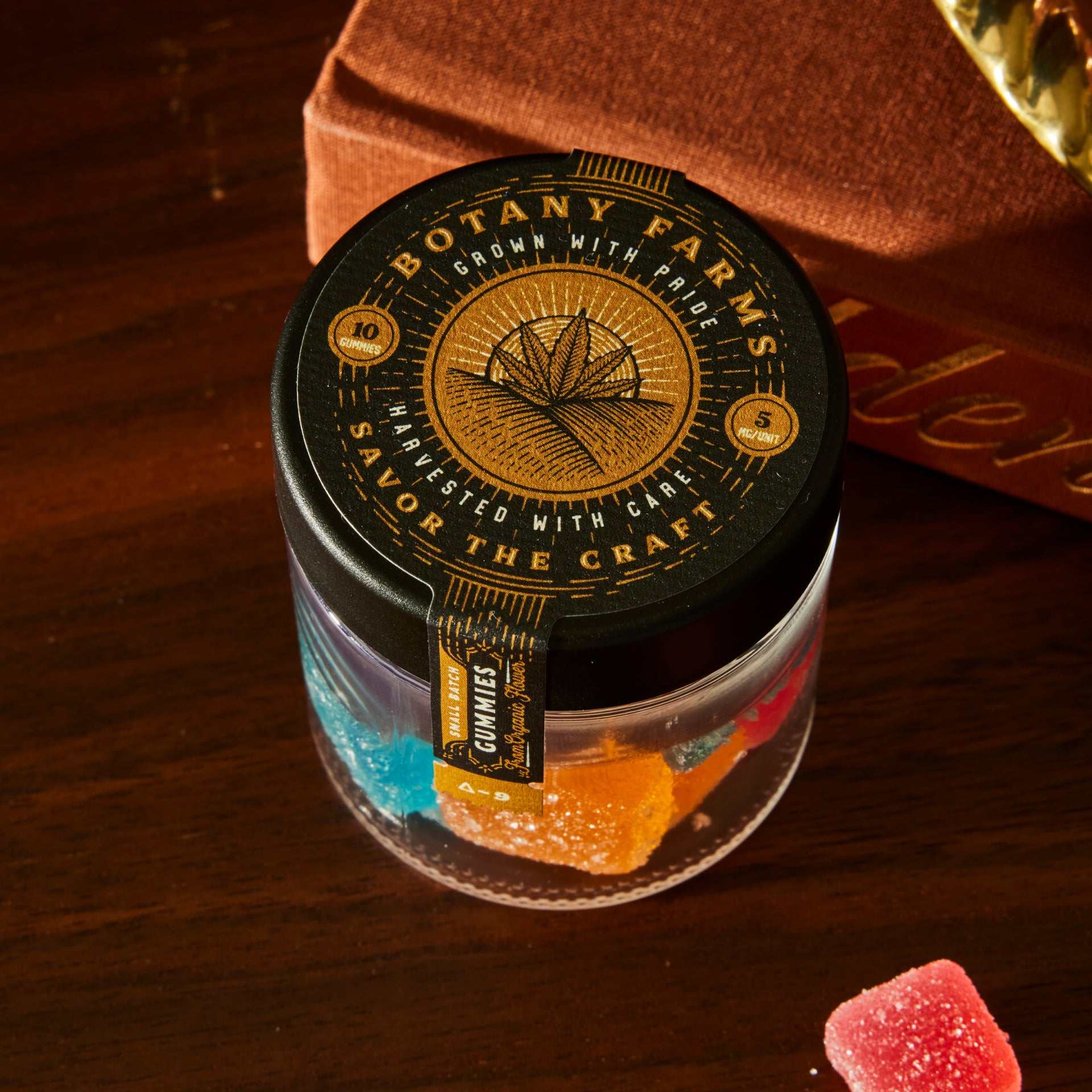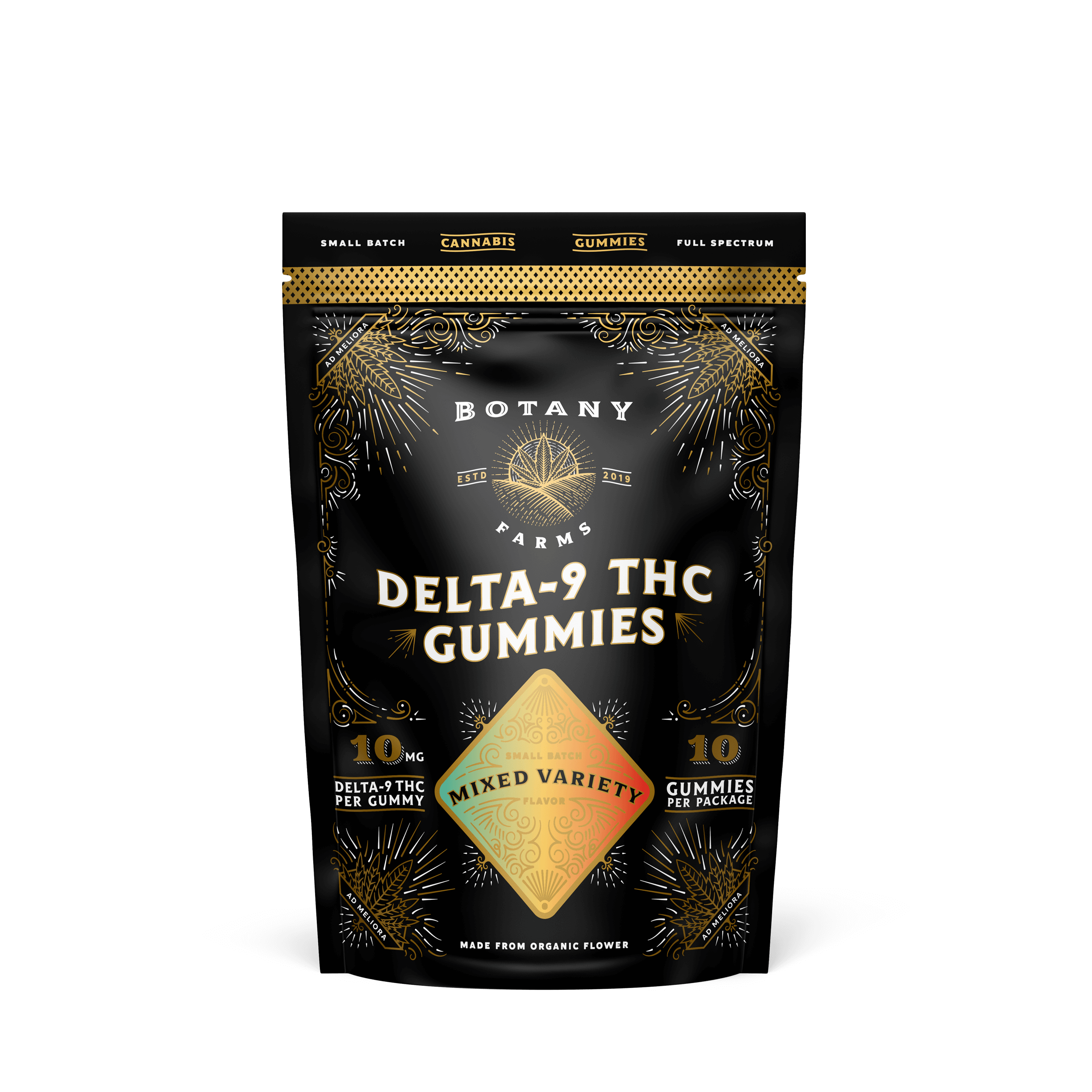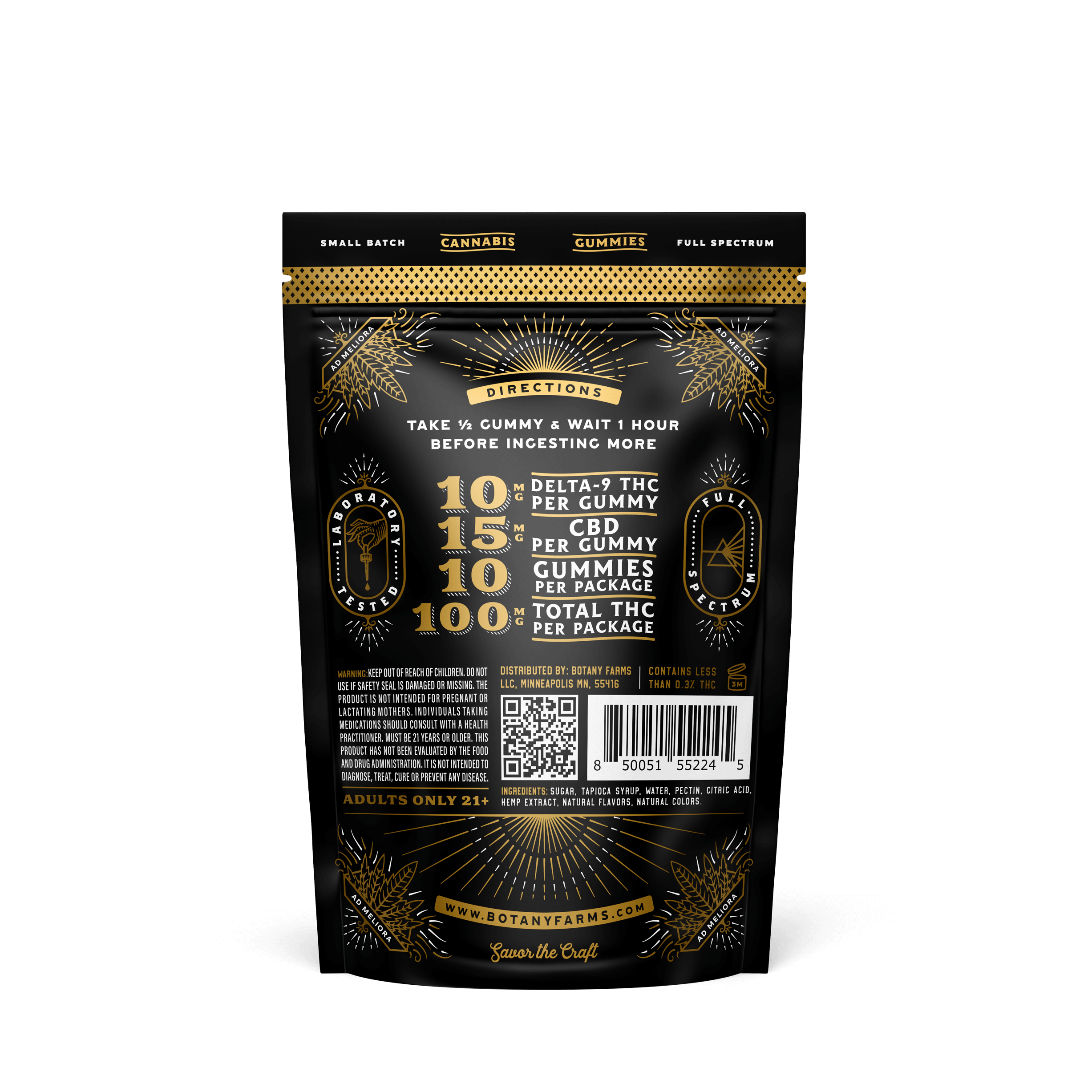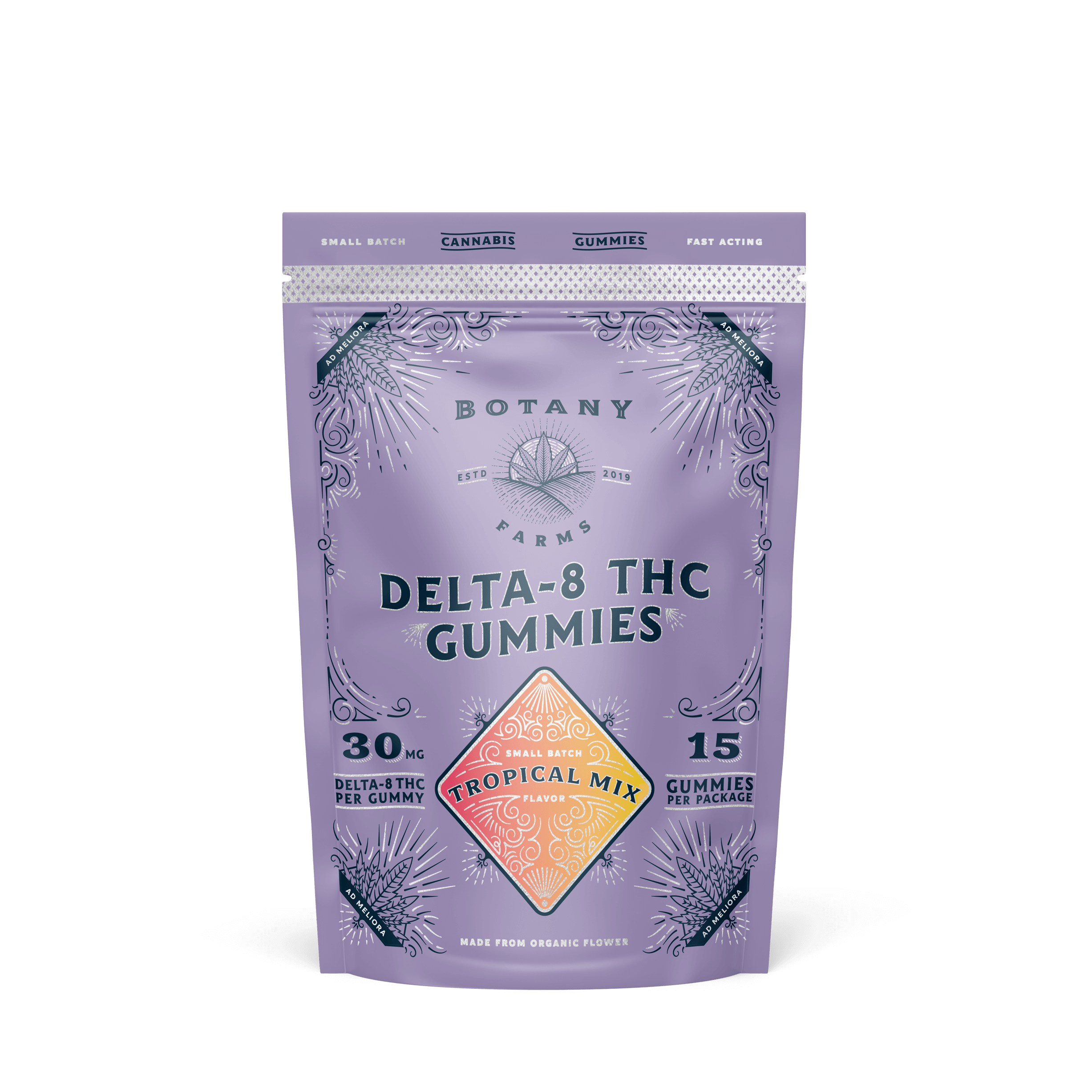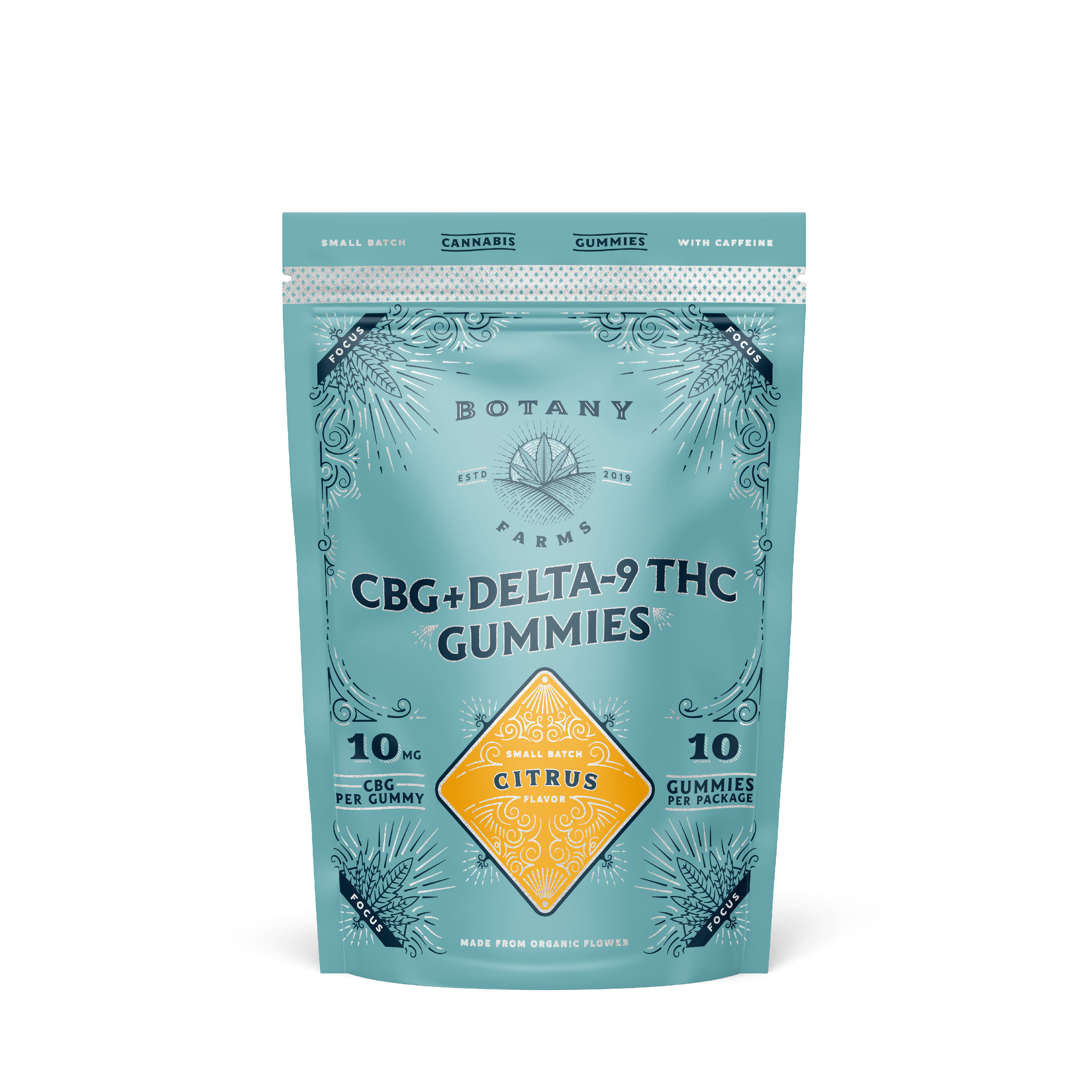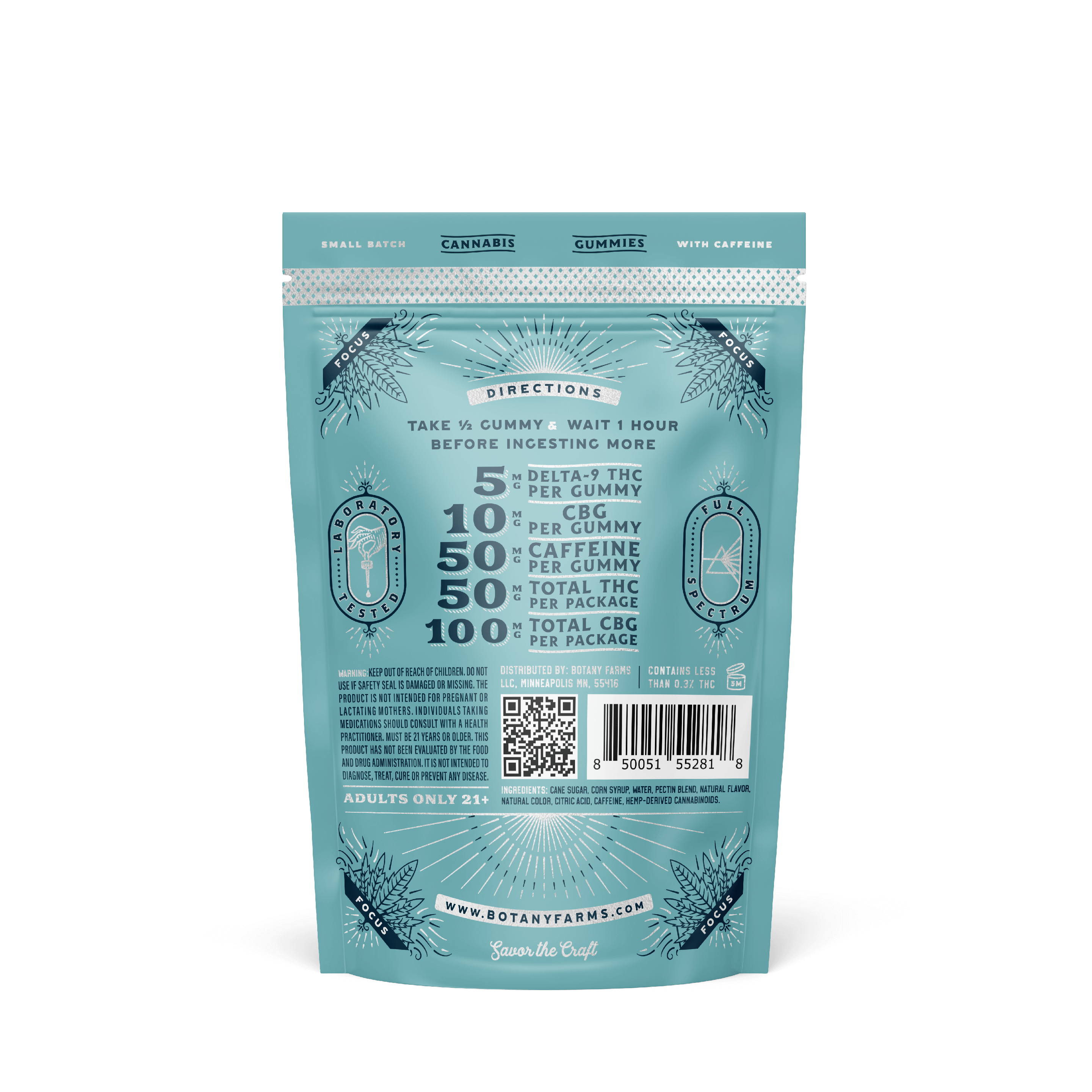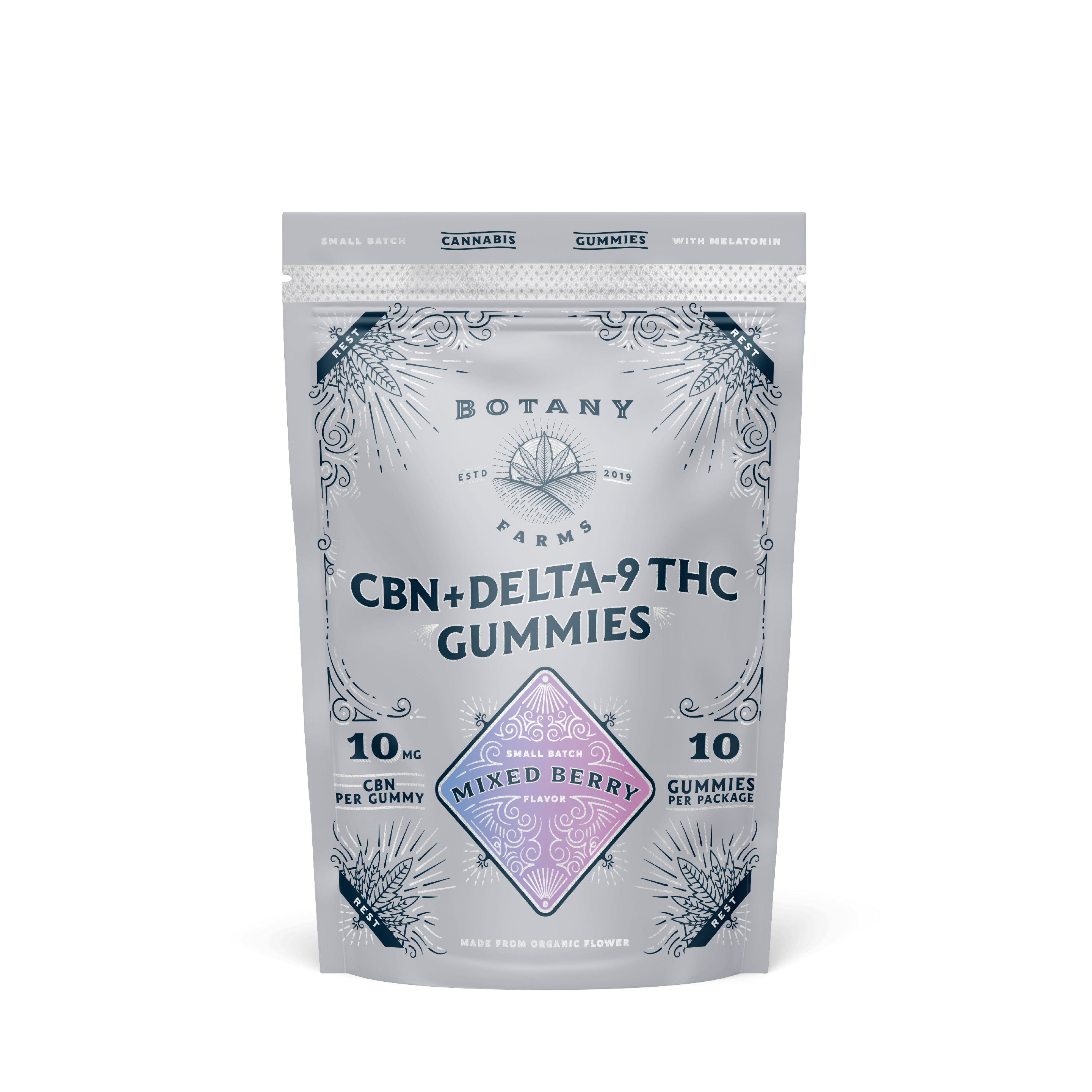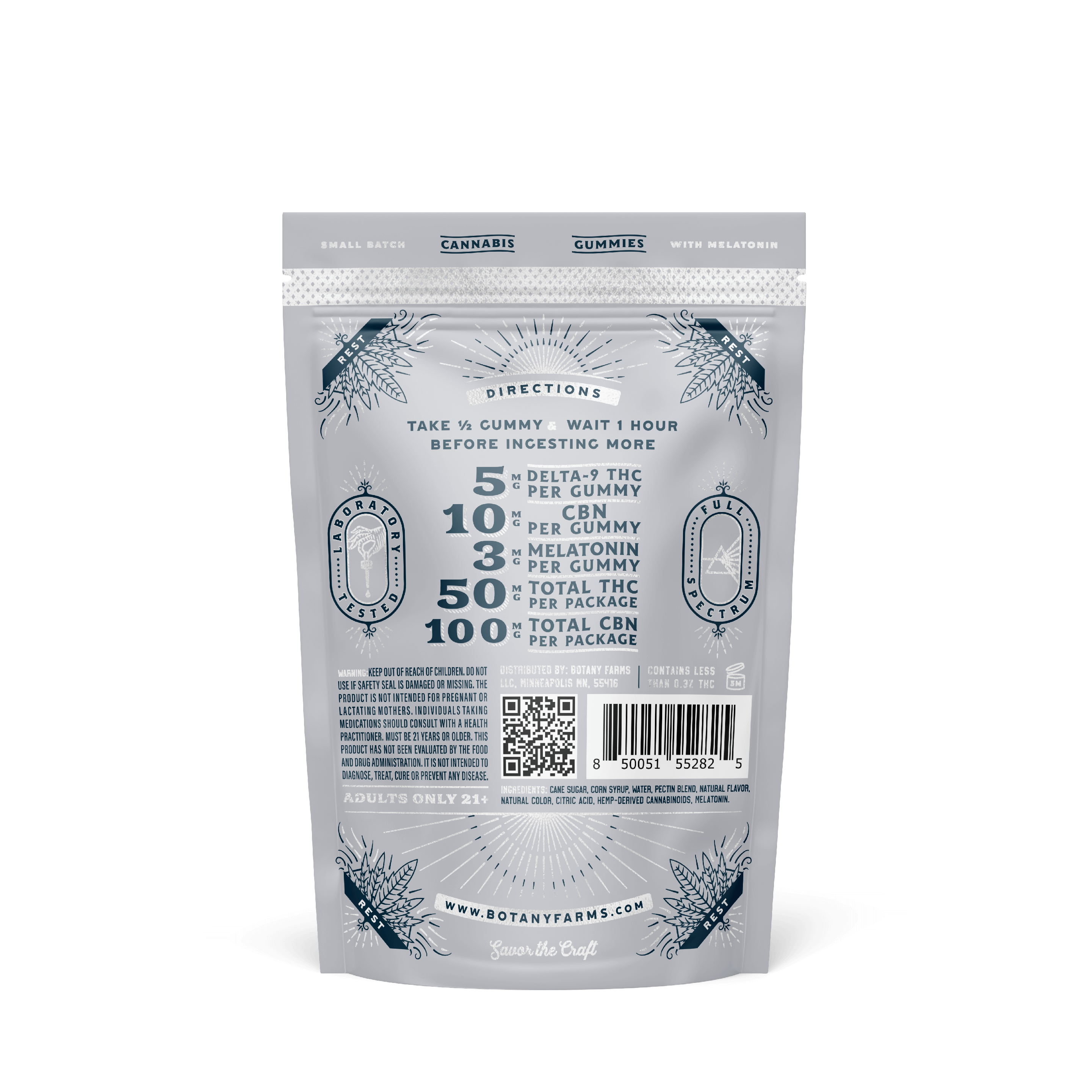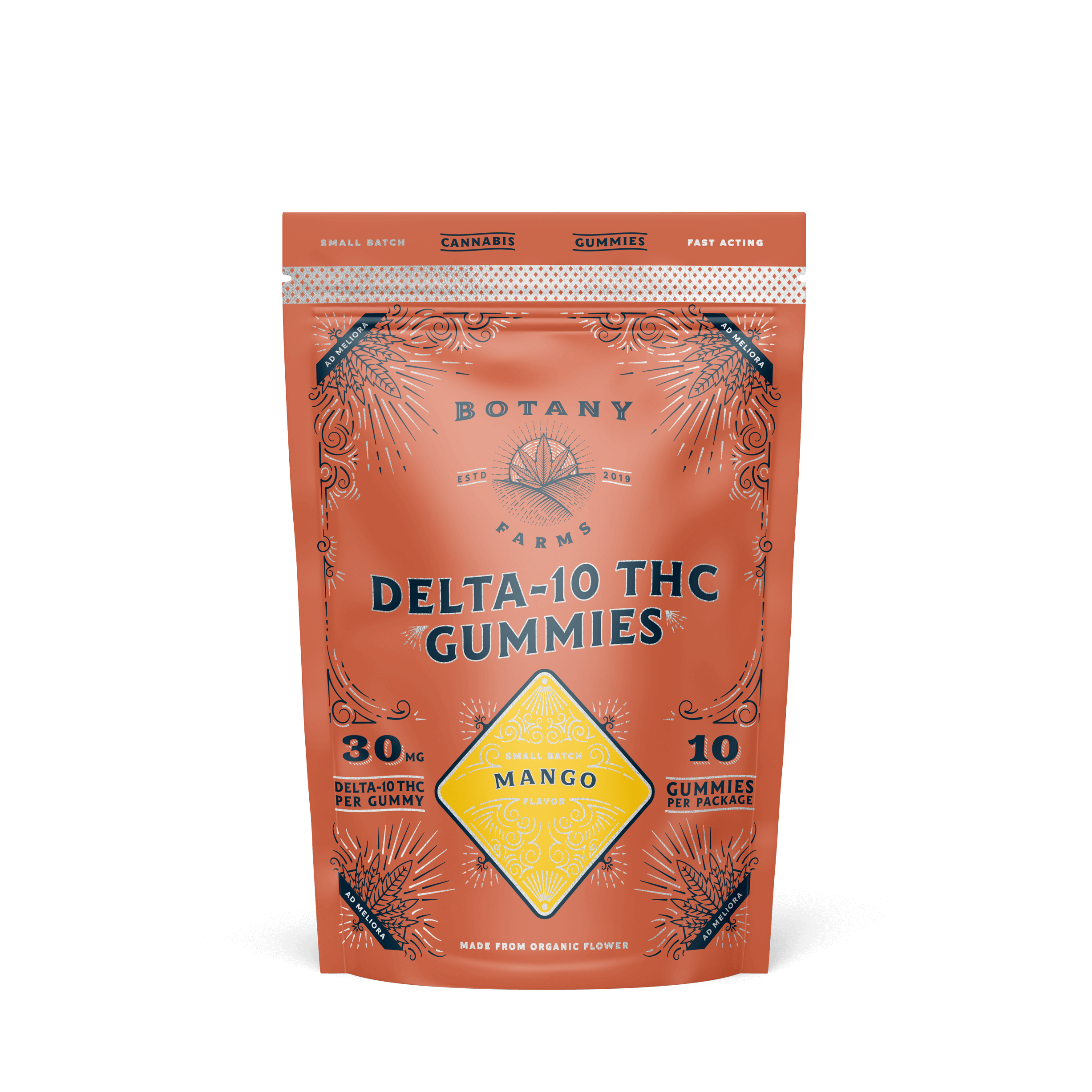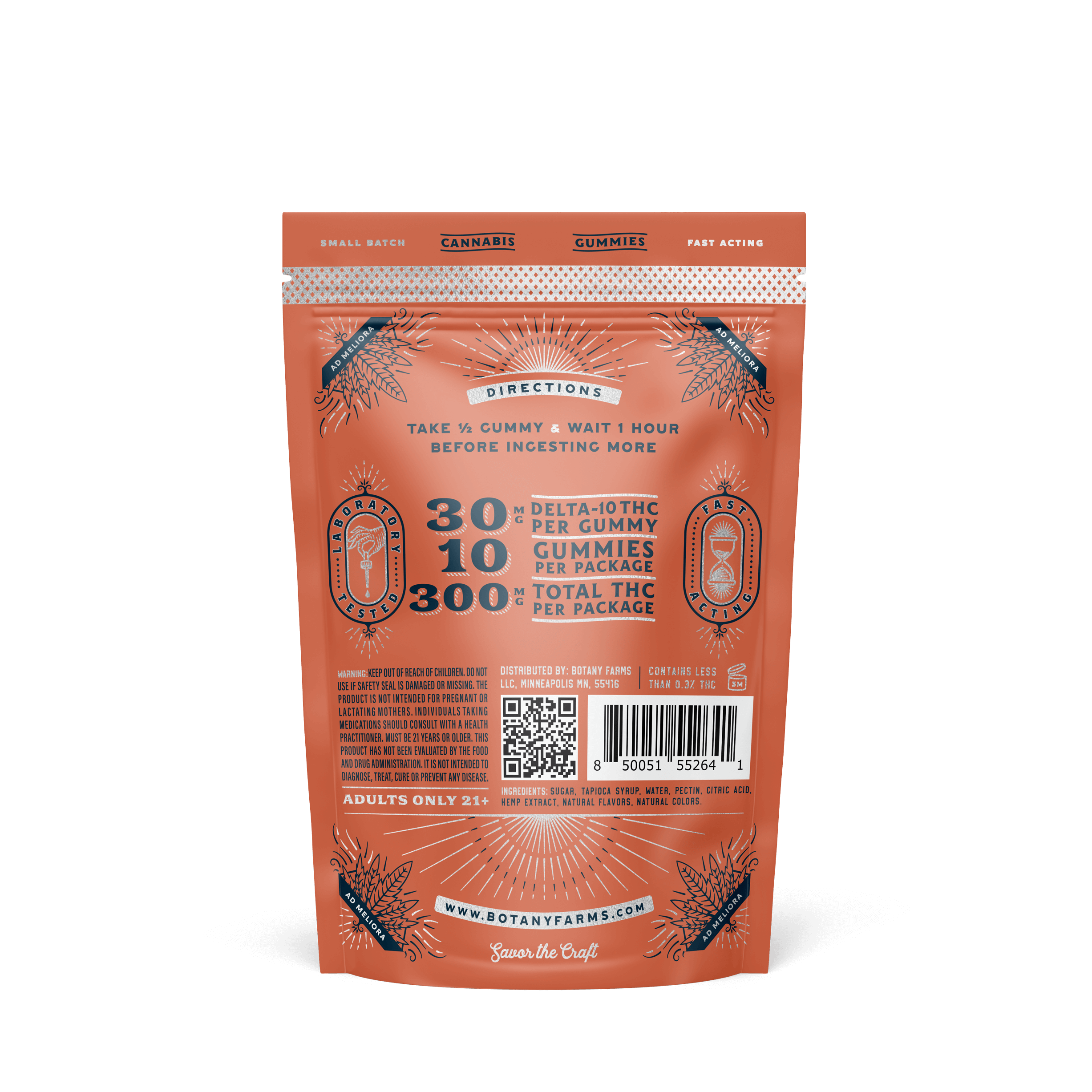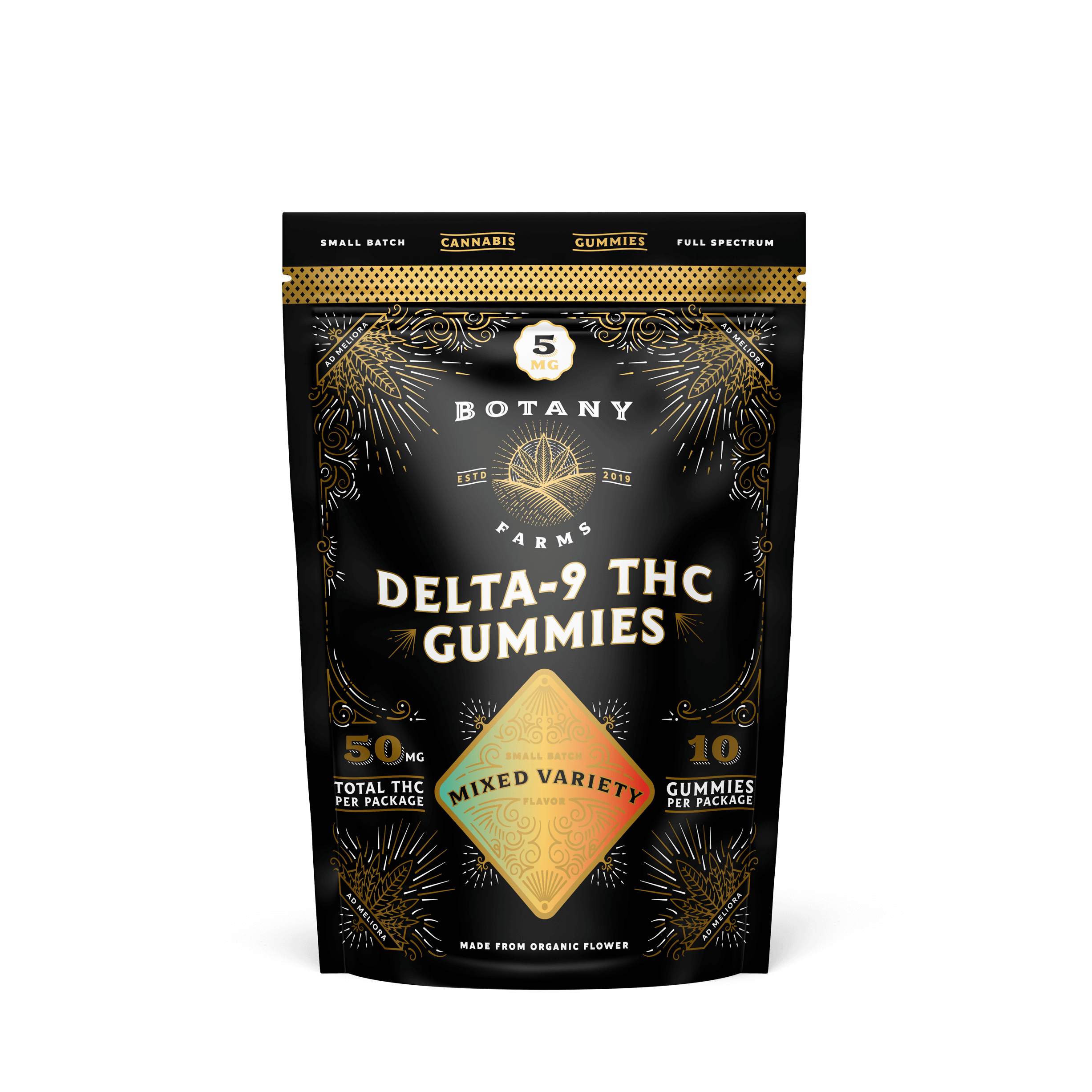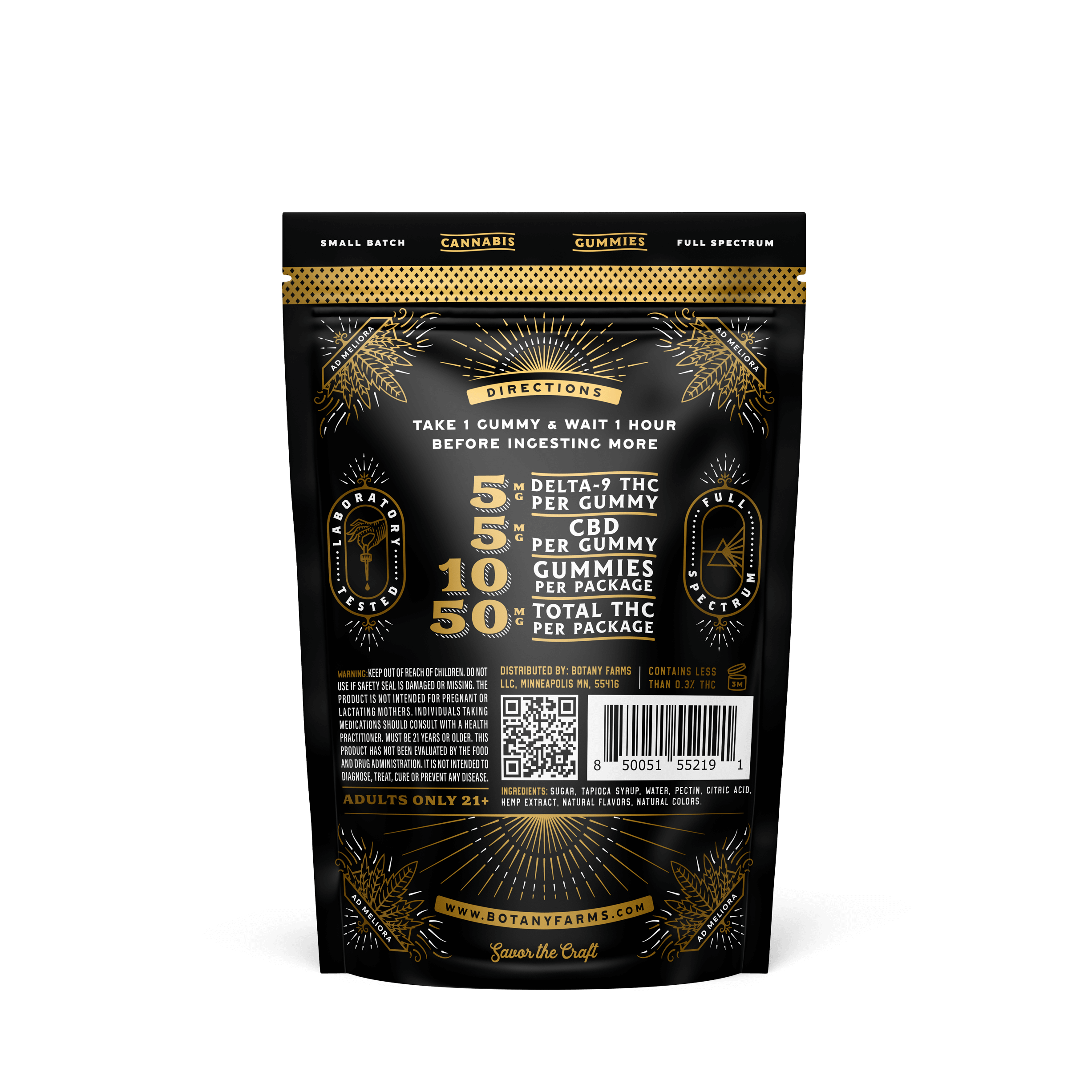- Key Takeaways
- What Products are Legal under the New Law?
- What is the Difference between Hemp-derived THC and Marijuana-derived THC?
- Will Hemp-derived THC Get Me High?
- Can Hemp-derived THC Show Up On a Drug Test?
- Can Products Contain More than One Cannabinoid?
- What Does the New Law Mean for the Legalization of Recreational Marijuana in Minnesota?
- Where is Delta-8 THC Legal?
- Where to Buy Legal THC Gummies in Minnesota?
- References:
Disclaimer: The information in this article regarding THC gummies is drawn from comprehensive research. We have made every effort to share the most accurate information available at the time of writing. To this end, our thoughtful approach to sourcing information prioritizes accuracy, relevance, and engagement by leveraging academic journals and databases, government and educational institution websites, Open Educational Resources (OER), and reputable news outlets to ensure the information herein is factual, accurate, and current.
However, the legal status of cannabinoids varies by jurisdiction and can change status over time. The reader is advised to check the legal status of cannabinoids before acting and we do not accept liability for this information. This content is for educational purposes only.
Legal cannabis has made its way to Minnesota. Or so it seems. As you may have heard by now, Minnesota recently passed a law allowing the sale of some THC edibles. This definitely puts the state one step closer to the full legalization of cannabis. But every change brings about new questions. If you're in Minnesota and want to better understand the legal status of gummies and other THC products within the state, this post is for you.
Key Takeaways
- Minnesota permits THC edibles (as gummies, hard candies, chocolates), containing up to 5mg of THC per serving or 50mg per package.
- All cannabis products must be sourced from compliant hemp grown under a license from the federal Department of Agriculture.
- Only consumers who are 21 years old and over can legally buy and own hemp products.
- Hemp-derived THC, which is chemically identical to marijuana-derived THC, can produce psychoactive effects.
What Products are Legal under the New Law?
Licensed persons can now purchase, distribute and keep beverages, foods – including hard candies, chocolates and gummies – with up to 5mg of THC per serving and up to 50mg per package. But they must contain 0.3 percent THC by dry weight – just like CBD products.
They are to be sold only to those over the age of 21, in child-resistant and tamper-proof packages, in doses with defined serving sizes, and with containers labelled ‘Keep this product out of reach of children.’
What the new law means is that products containing THC are no longer illegal in Minnesota, provided they are made from legally certified hemp and contain less than 0.3 percent THC on a dry weight basis. It doesn’t specify how many CBD or THC products you can buy, or who can sell them.
What is the Difference between Hemp-derived THC and Marijuana-derived THC?
Technically, hemp-derived THC is chemically identical to the THC you get from the flower on marijuana plants. They are biochemically identical.
Hemp with low THC levels has been cultivated for fiber intended to make textiles or rope and other products for hundreds of years. However, it was also selectively bred to produce high THC levels so as to become an intoxicant.
Will Hemp-derived THC Get Me High?
Hemp-derived THC will absolutely get you high. It doesn’t matter if it’s hemp or marijuana: intoxication comes down to dosage. Hemp- and marijuana-derived THC is the same thing; as long as it comes from hemp, or from THC-rich cannabis flower, the effects will be the same.
Taking this into account, an edible containing 5mg of THC represents a noteworthy dose for an occasional or misusing user. It may represent a much more substantial dose for someone with a greater THC tolerance.
Perhaps the most important point is that the effects of edibles come on much more slowly than smoking or other routes of ingestion. Our recommendation is to start low and go slow: dose only in the milligrams range, always wait two hours in case you feel nothing (there is very slow uptake), and if you still feel nothing up your dose by another 50 to 100%.
By doing this, you won’t ‘overdose’ and experience anxiety and possibly even paranoid states that can result if you take in too much of the active ingredient, THC.
If you’re unlucky to have a ‘THC overdose’, keep calm. Drink plenty of water, have some sugary food, take a bath if you can, rub some black pepper under your nose, close your eyes, and have a snooze. Avoid alcohol when smoking cannabis and don’t attempt anything that requires too much concentration while high on this cannabinoid.
Can Hemp-derived THC Show Up On a Drug Test?
The chemical structure of hemp-derived THC is identical to the THC that comes from marijuana, so yes, it can show up on a drug test. However, consuming hulled hemp seed, hemp seed protein powder, or hemp seed oil cannot result in a positive test for THC. Likewise, hulled hemp seed, hemp seed protein powder, and hemp seed oil fall under the GRAS category and are approved to be used as conventional food ingredients.
Since hemp seed oil – like hemp seed – contains only trace amounts of THC and CBD, consumption of these seeds and their oil do not produce intoxicating effects. However, mislabeling of products can occur, so consumers must be cautious. Also, some contamination might occur during extraction. So, though hemp products are generally safe, it’s wise to check what the product contains – and weigh your choices carefully – before risking a surprise result on a workplace drug test.
Can Products Contain More than One Cannabinoid?
Yes, the new Minnesota Board of Pharmacy law allows cannabis products to contain multiple isomers of THC, such as Delta 8, Delta 9, and Delta 10, as long as the total THC content is 5mg per serving and/or 50mg per package.
What Does the New Law Mean for the Legalization of Recreational Marijuana in Minnesota?
The Minnesota Board of Pharmacy’s new law that became effective on 1 July 2022 allows THC-containing products marketed as food, including hemp products designed for human consumption. The legal amount of this cannabinoid in such products is 5mg or 50mg per package to people 21 years or older.
Nonetheless, all forms of cannabis flower – and products created from THC-rich whole flower – remain illegal for recreational use in Minnesota. Thus, Minnesota’s current laws prohibiting recreational use of cannabis are in line with federal law.
Where is Delta-8 THC Legal?
The new law approving THC edibles in Minnesota has caused quite a stir among cannabis users in the state. This leaves many people wondering if other cannabinoids, like Delta 8, are now legal in Minnesota.
According to the 2018 Farm Bill, hemp and all its derived products, including its cannabinoids, are legal as long as they contain up to 0.3% THC. But this law explicitly refers to Delta-9 THC. So as long as Delta 8 comes from legally certified hemp, it is legal under federal law.
Nonetheless, each state and city has its own regulations regarding cannabis and its derivative products. So if you are wondering if Delta-8 is legal, it is best to check the laws of your state and city.
Where to Buy Legal THC Gummies in Minnesota?
Retailers, manufacturers and distributors of hemp-derived products can sell THC products freely in Minnesota. However, restaurants, bars, or any other type of establishment that prepares food or beverages for on-site or takeaway consumption are prohibited from marketing products that contain cannabinoids.
Therefore, the most viable option remains shopping online, where you can usually find more reliable retailers and a greater variety of products. If you want to make use of your rights according to the new Minnesota law and are looking for some delicious cannabis-infused gummies, come to Botany Farms.
We have an excellent and varied catalog of products, such as our 5mg microdose blue raspberry gummies of Delta-9 THC or our pineapple Delta-9 THC gummies. We also have our popular Delta-8 gummies, or our sweet peach-flavored CBD gummies.
And if you're unsure how to buy edibles online, you have nothing to worry about. It's as easy as entering our online store, choosing your favorite product, and placing your order. Our team will be more than happy to deliver your order to your doorstep quickly and discreetly.
References:
- https://www.house.mn.gov/sessiondaily/Story/17507
- https://www.usda.gov/farmbill
This article was last updated in April 2024 and the information provided in relation to US federal and state cannabis laws is accurate as of the date provided. Due to the rapidly changing cannabis laws in the US, the information herein may become outdated at any time.
Additionally, and for the avoidance of doubt, this article is NOT intended to be legal advice. Botany Farms does NOT provide any legal advice; neither does any individual nor entity associated with Botany Farms. Please consult official state government websites for current information regarding cannabis laws for your state.
